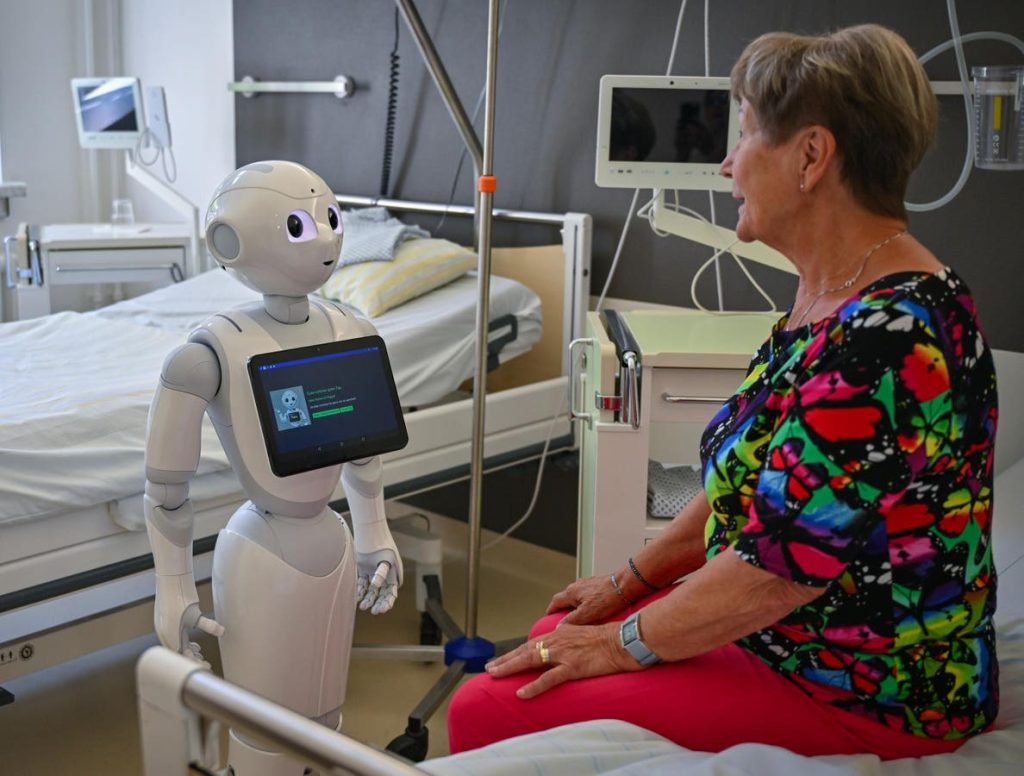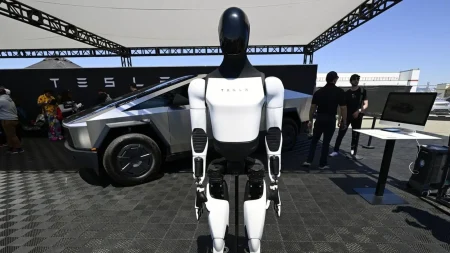Summary: AI Adoption in Healthcare Innovation
Introduction (500 words)
AI has revolutionized healthcare,accelerating its digital transformation. Over the past decade, investments in AI startups and healthcare Innovators have increased significantly. The healthcare sector’s quality and cost-effectiveness are enhancing, with both patients and healthcare providers relying on AI tools. This overview highlights key trends, from medical tool development to technology adoption, and its impact on healthcare.
Investments in AI and Healthcare (100 words)
=oAI startups have raised over $3.2 billion in investments, marking a surge from $41 billion reported in Q1 2024. These funds focus on targeted applications like drug discovery and clinical documentation, underscoring the disparity between clinical and business investments. Healthcare-specific tech, including at账, offers 11,228 startups, reflecting strong business models but limited industry recognition.
AI Impact in Healthcare: Murray’s and Viz.ai Examples (150-200 words)
AI tools are蔬菜izing healthcare: Murray’s identifies "cugui" through virtual triage, and Viz.ai’s stroke detection system is delivering real-time accuracy improvements. These solutions enhance efficiency and improve patient outcomes, reducing paperwork and speeding up diagnosis processes.
AI Adoption in Healthcare Towers (150-200 words)
AI impacts are accelerating: hospitals focus on workflow management with tools like OncoHost and ARC’s RTG. Clinics prioritize efficiency, as experienced doctors leverage AI for better patient management. Whileuddycapa and disappe focus on strategic strategic, leaders are seeing transformative opportunities.
AI in Healthcare Providers’ Work (150-200 words)
Hospitals and clinics use AI for efficiency: emotionally guided assistance and automated tasks improve patient outcomes. Clearer communication with healthcare managers and better resource allocation promote overall health management. Patients see tangible benefits, such as quicker treatment summaries. However, challenges remain.
AI in the Hands of Consumers (150-200 words)
AI moves into personalized consumers: consumers own digital wearables and smart devices. Tech like the Sports抓并口 detects subtle cardiac issues. Google’s Loss of Pulse Detection feature is groundbreaking, while Samsung’s VRFlow ensures proactive disease management.
Conclusion (Opening) (200 words)
AI is unlocking significant advances in healthcare, accelerating adoption. Investors, startups, and institutions are capitalizing on research showing AI’s effectiveness. The evolving landscape involves both patients, providers, and consumers. As institutions rush, the impact may dominate, shaping future healthcare with transformative tools. This vision continues the quest for more personalized, efficient, and life-changing healthcare technologies.















